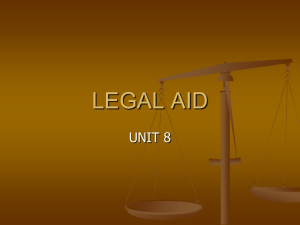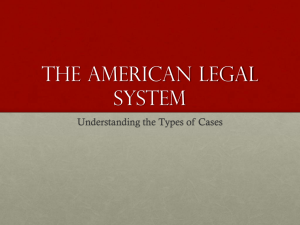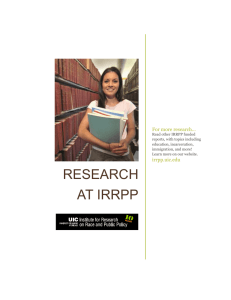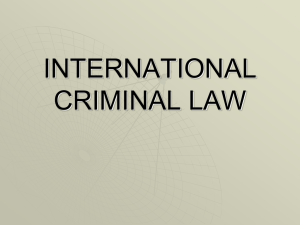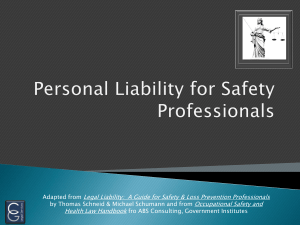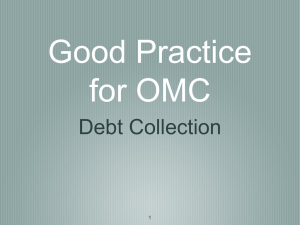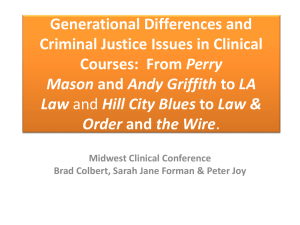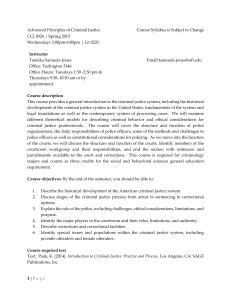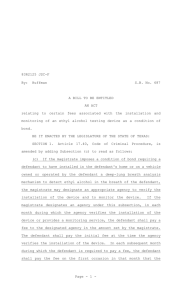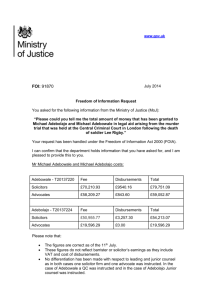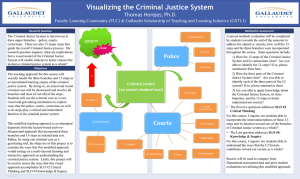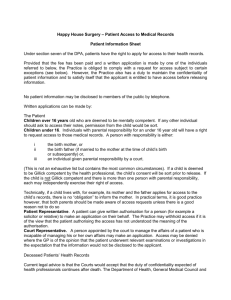PowerPoint Presentation - LEGAL FUNDING
advertisement
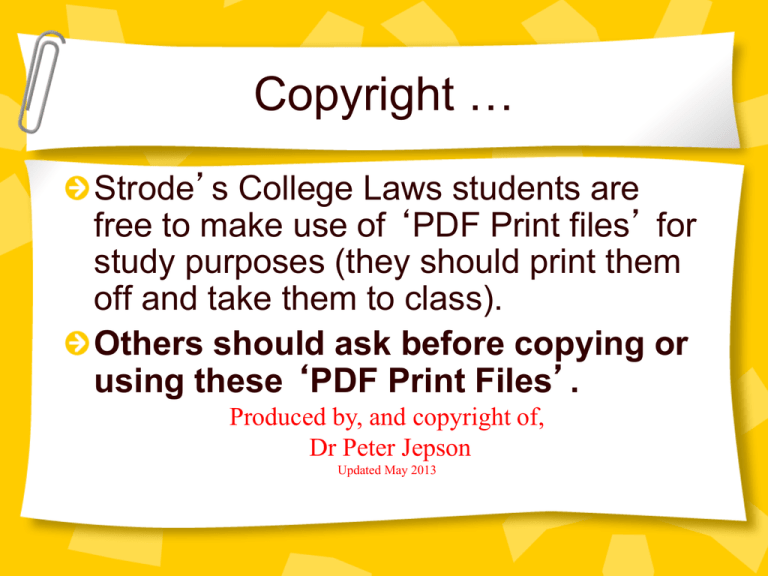
Copyright … Strode’s College Laws students are free to make use of ‘PDF Print files’ for study purposes (they should print them off and take them to class). Others should ask before copying or using these ‘PDF Print Files’. Produced by, and copyright of, Dr Peter Jepson Updated May 2013 LEGAL FUNDING Prior to these lessons, read and précis chapter 19 of ‘The English Legal System’ by Jacqueline Martin. In this lesson … • Check your mobile is switched off •Take notes •Feel free to ask questions – but raise your hand first Access to Justice When faced with a legal problem, the average person will usually need expert help from a solicitor. What are the main difficulties for an ordinary person who is seeking legal help? Access to Justice … When a person cannot get the help they need, it is said that they are being denied access to justice. Access to Justice Act 1999 This Act was passed to replace the old Legal Aid scheme with two new schemes: •The Community Legal Service (for civil cases) •The Criminal Defence Service (for criminal cases) Legal Aid, Sentencing and Punishment of Offenders Act 2012 This Act replaced the Legal Services Commission with the Legal Aid Agency which is managed by the Ministry of Justice. Decisions on granting legal aid are made by the Director of Legal Aid Casework (civil servant). Availability of Legal Aid Legal aid not available for civil cases unless it is a category specifically mentioned in the Act, e.g. cases involving liberty of the individual. Government Funding in Civil Cases A set amount of money is made available each year for legal aid from the government’s budget. In order to qualify there is a strict means test. This means looking at a person’s disposable income and disposable capital. Providers of Legal Services Local solicitors Advice agencies Welfare associations Consumer protection groups Problems of Advice Deserts .. The Legal Services Commission in 2004: “It is clear that there are parts of England and Wales in which the need for publicly funded legal services is not currently being met.” Conditional Fees As a general rule, in a civil case, the judge will order the loser to pay the winner’s costs. The problem for a potential claimant is that s/he may be uncertain as to the outcome of their case and therefore feel that bringing a court action would be too risky. How Conditional Fees Work… “No win, no fee!” If the solicitor loses the case - the client pays nothing. If the solicitor wins the case the client pays the normal fee plus a “success fee” (the AJA 1999 now allows courts to order that the losing party pays the normal fee and the success fee). Does this method encourage a solicitor to take on a difficult case? How Conditional Fees Work … Look at fig 19.3 on p.282 of “The English Legal System”. Insurance Premiums Consider the following questions… •Why might someone want to take out insurance against losing a case? •What is the difficulty with doing this? •Can the cost of the premium be claimed back from the other side if you win? Advice Agencies There are also a number of non-profit making agencies available to give people legal advice and representation. These will offer advice to anyone who has a problem of the type they deal in. Citizens’ Advice Bureaux •Will give free advice and help to anyone. Most commonly deal with social welfare problems and debt. •Staffed by trained volunteers, who often become expert in the areas they frequently deal with. Law Centres … •Offer a free, non-means-tested service to people who live or work in their area. Their main areas of work are housing, welfare, immigration and employment. •Many law centres have been forced to close due to insufficient funding. Other Advice Agencies Cheap / free initial interview Accident Legal Advice Service (ALAS) Accident Line (free telephone service) Free Representation Unit (FRU) Legal Insurance (AA / RAC) Trade Unions (work-related problems) Charities (e.g. Shelter) Legal Aid in Criminal Cases Initial advice and assistance are available to an individual who is held in custody at a police station. This will usually take the form of telephone advice. Interests of Justice D will only get help with legal funding if he can show that he comes within one of the five “interests of justice” factors. List these factors. Means Testing Magistrates Courts: About three quarters of adults do not qualify for legal aid as the income levels allowed are very low. Crown Courts: All Ds can receive legal aid. The higher the income, the more D has to pay towards the case. Problems with Funding of Criminal Cases Explain the following problems with the funding of criminal cases: 1.“Interests of Justice” test 2.Means test 3.Lack of lawyers 4.Budget Break into Law Firms… …to prepare a detailed presentation explaining one of the following areas: 1. Legal Aid in civil cases 2. Legal Aid in criminal cases 3. Conditional Fees 4. Advice Agencies Exam Practice… Plan answers to the exam questions on page 287 of “The English Legal System”.



